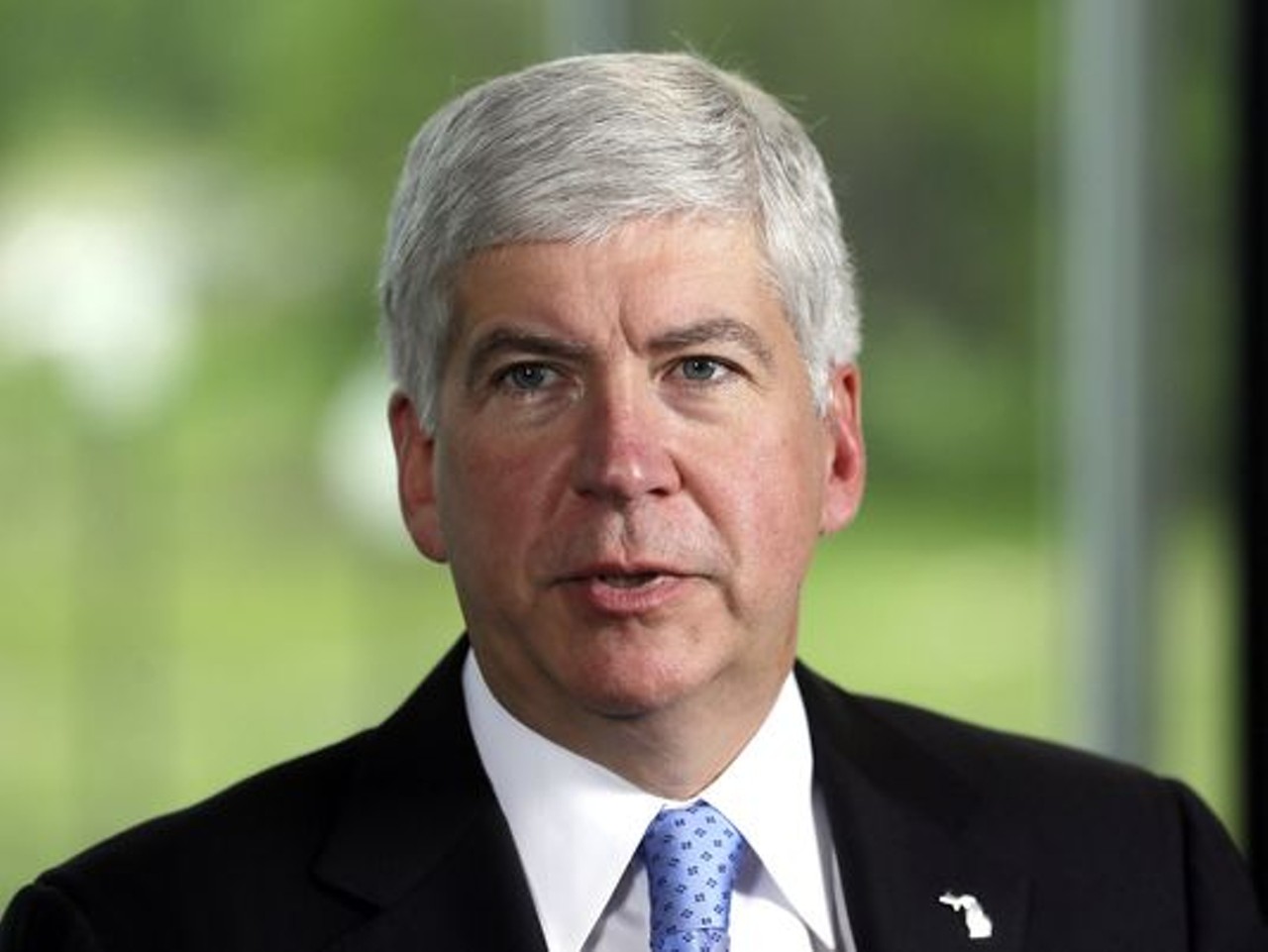Every year is full of achievements — often proud ones illustrating how far we've come.
That's not what this issue is about.
No, this year, we're focusing on achievements that show how far we have to go.Whether it's the antics of Gov. Rick Snyder's administration, a brief invasion of creepy clowns, a strip-teasing fiftysomething politician, or any of a dozen other misguided, off-course, out-of-proportion, anticlimactic, or just plain bizarre events this year, we wanted to encapsulate those stories that show how weird it can get here in Michigan and metro Detroit.
Hence our year-end piece: The Dubious Achievement Awards.
All photos from Facebook or MT archives.
























